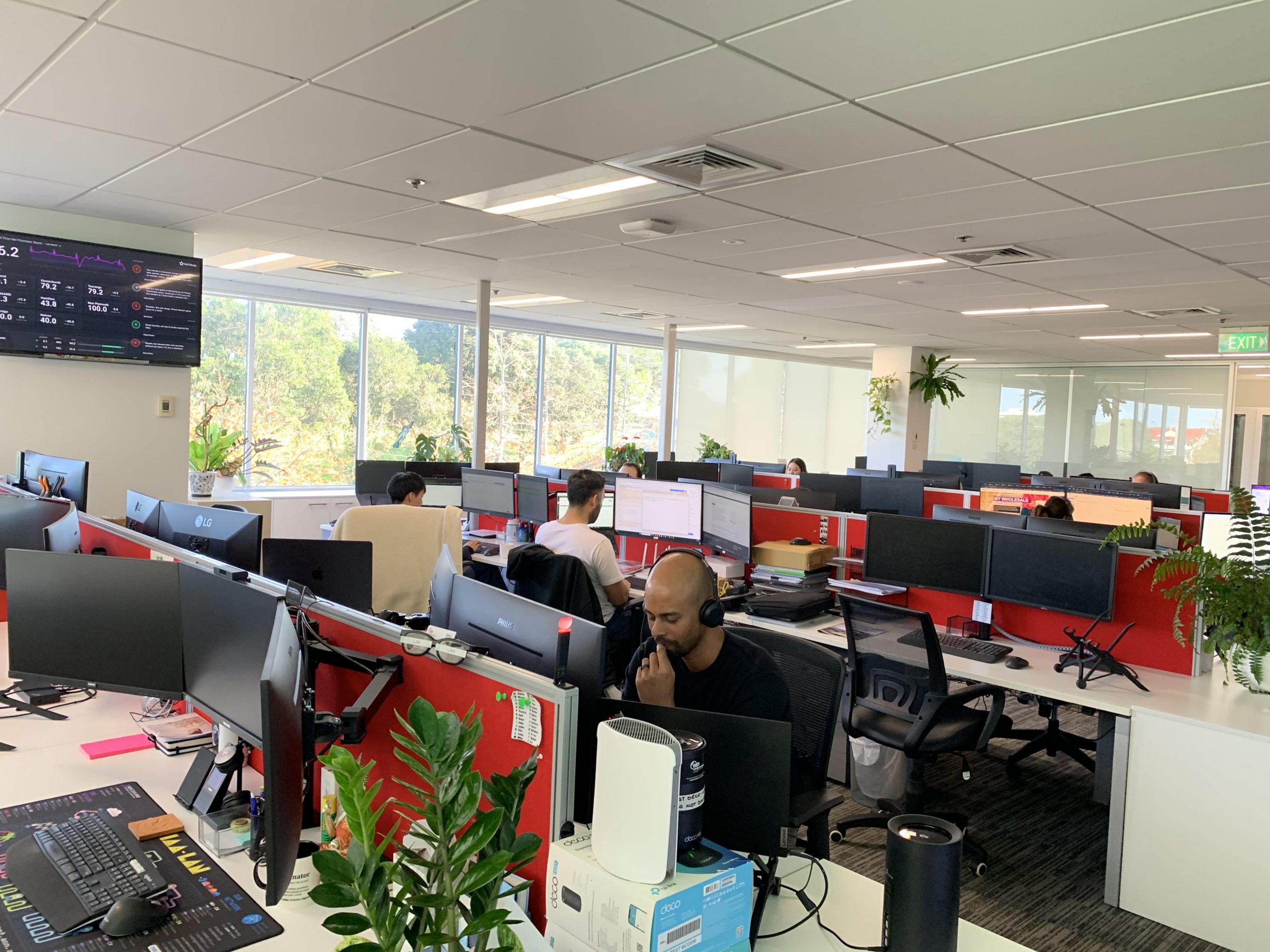The challenge
Previously, Wireless Nation had an in-house developed ISP management system designed for all their needs and processes. Having this platform meant that it required continuous maintenance, enhancement, and a full-time software development employee.
Going forward, they discovered that support and further development added unnecessary complications and made business scalability difficult regarding the costs and efforts involved.
Wireless Nation team started looking for an all-in-one solution that could:
- Allow them to take their business one step further without investing money and much effort into their own software development
- Provide integrated ticketing and inventory management
- Give enough flexibility and customization to meet all business requirements
- Demonstrate a high level of delivery speed
- Be cost-effective
Switching to a different system may be сonfusing, especially when all processes are already tuned to the existing platform.
That’s why the Wireless Nation team, like any business, had to deal with major concerns:
- How to make the platform replacement smooth for the team? How to familiarize them with the new platform as fast as possible?
- How to migrate all data from the previous system effortlessly?
- How would this change impact the customers?
- How would it work with accounting software?
Although the transitioning might imply certain efforts, the Wireless Nation team has finally decided to make a switch to set the proper groundwork for their future business operations.
The solution
Having thoroughly examined a number of solutions in the market, Splynx became the clear front runner. Splynx stood out because of its robust APIs, out-of-the-box modules, and customization that allows managing all their business workflows. After several meetings with our team, all initial concerns were resolved.
architects with experience in the telco industry. The product had the modules we
wanted as part of the solution, and after visiting the Splynx headquarter and
discussions with the founder, we had the confidence that Splynx is the right partner for us and the system the right solution.
As an already established company, Wireless Nation had most of its processes on point, so the complete transition was not possible without the development of custom modules. Splynx offered this customization, and the development of initial modules took around 3 months in total. For the Wireless Nation team, it was a doubtless benefit because it meant they could meet all their requirements by adjusting a part of the processes for billing and inventory.
It took one month to migrate all their customers and business processes to the Splynx platform. As of now, Splynx has completed more than 25 various customizations and modules to ensure the success of the Wireless Nation business.
Splynx connects 29 employees who are using the system daily. It became a solid ground for their business that helps dynamically track and measure important metrics such as sales performance, collections, signups, customer statistics, and ticket performance. The company continuously sees sales and margin growth after switching to Splynx.

The result
- Enabled growth. The company no longer needs to build its own software and invest money into the in-house team as Splynx system covers all business areas. The team focuses on business growth rather than software maintenance.
- Time-saving in the generation and processing of monthly invoices. Wireless Nation offers a wide range of services, including fibre broadband, home/rural wireless, satellite communications, mobile plans, hotspots, and many others. Thanks to automated billing, payment processing, auto CDR processing and accounting integration with Xero, the Wireless Nation team manages all billing processes on autopilot.
- Improvements in cost and efficiency. Excluding the cost of custom development, the general cost saving was about 40%.
- Better access to R&D. It is now easier to introduce new products and services. The company continuously sees sales and margin growth after switching to Splynx.
- New feature development is faster and less costly than employing a full-time software developer.
- Significantly better control and accuracy of data consumption count.





